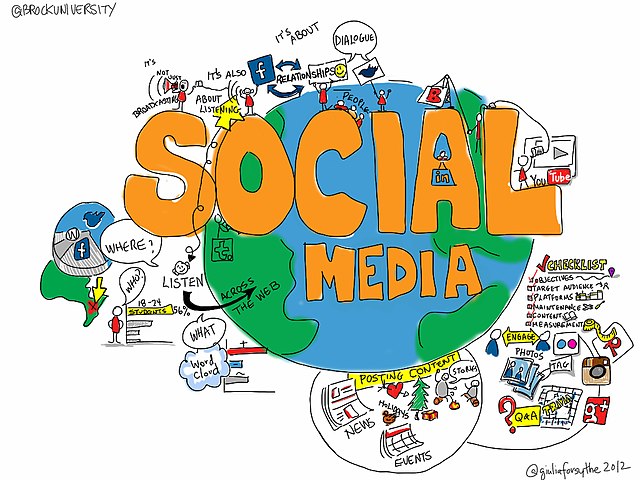Social media is a huge part of teenagers’ lives today. It connects them with friends and family, provides information, and offers entertainment. But it also has downsides. This article looks at some key questions about how social media affects teens’ well-being.
.1. Which Apps Are Riskiest? Some social media apps might be worse for teens’ mental health than others. Why? We need to figure out which apps cause the most problems and why – things like bullying, unrealistic expectations, and getting hooked on using them. This helps us understand how these apps lead to stress, sadness, and low self-esteem.
- Does Seeing “Perfect” Online Lives Hurt? Many teens see edited, unrealistic pictures and posts online. Does seeing these “perfect” lives make teens feel worse about themselves? We need to understand how seeing only the good parts of others’ lives affects how teens feel about their own.
- How Can Grown-Ups Help? Parents, teachers, and others can help teens use social media safely. How? What’s the best way to teach teens about being safe online, talk openly about their online experiences, and set healthy limits on their screen time? We should also look at what programs already exist and how well they work.
- Are Good Online Experiences Better Than Bad? Positive online experiences, like supportive groups, can be good for teens. But negative experiences, like online bullying, can be harmful. We need to compare how much these different types of online experiences affect teens’ feelings.
- What Happens in the Long Run? What happens if teens spend a lot of time on social media? Will it affect their mental health later in life? We need to follow teens over time to see if heavy social media use leads to problems like depression, anxiety, or addiction.
In short, Social media has both good and bad effects on teens. By answering these questions, we can better understand how to help teens use social media.








